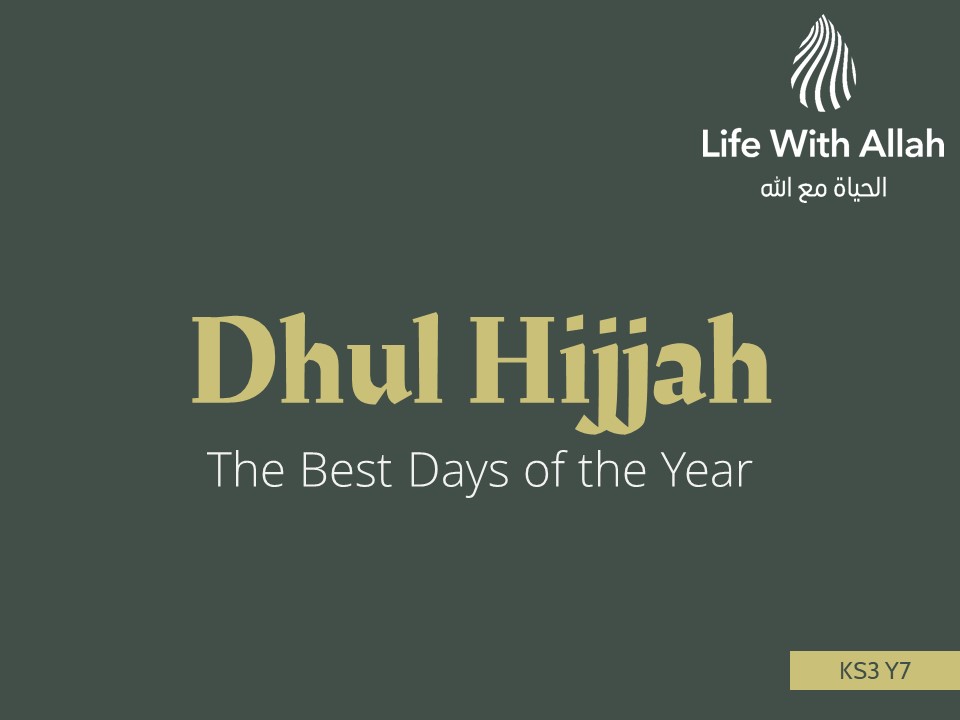
Hello Divas! We are back again! This time we'll be talking about the virtues of the month of Dhul-Hijjah.

As a Muslim, Dhul-Hijjah is a significant month in the Islamic calendar that carries immense virtues and blessings. It is the twelfth and final month of the lunar calendar, during which the annual pilgrimage to the sacred city of Makkah, known as Hajj, takes place. Dhul-Hijjah holds a special place in the hearts of Muslims worldwide, and it offers several virtues and opportunities for spiritual growth. Here are some of the virtues associated with this blessed month:
-
The Month of Hajj: Dhul-Hijjah is the month in which the pilgrimage of Hajj occurs. Performing Hajj is one of the five pillars of Islam and holds great significance. It is an act of worship that brings numerous rewards and blessings. Muslims who undertake this journey have the opportunity to cleanse their souls, seek forgiveness, and strengthen their connection with Allah.
-
The Day of Arafah: The 9th day of Dhul-Hijjah is known as the Day of Arafah. It is the most important day for pilgrims performing Hajj. However, for those who are not on Hajj, fasting on this day is highly recommended. It is narrated that fasting on the Day of Arafah expiates the sins of the previous year and the coming year. It is a day of supplication, reflection, and seeking Allah's mercy and forgiveness.
-
The Days of Tashreeq: The 10th, 11th, and 12th days of Dhul-Hijjah are known as the Days of Tashreeq. These days follow the Day of Arafah and mark the completion of the Hajj pilgrimage. The Prophet Muhammad (peace be upon him) encouraged Muslims to engage in acts of remembrance of Allah, such as glorifying Him and reciting Takbeer (saying Allahu Akbar) during these days. The Takbeer is recited after the obligatory prayers and throughout the day, reminding believers of the greatness and magnificence of Allah.
-
The Virtue of Sacrifice: The 10th day of Dhul-Hijjah is also known as Eid al-Adha, the Festival of Sacrifice. It commemorates the Prophet Ibrahim's (Abraham) willingness to sacrifice his son, Ismail (Ishmael), as an act of obedience to Allah. Muslims around the world celebrate this day by performing the ritual animal sacrifice, known as Udhiyah/Qurbani. This act of sacrifice symbolizes our willingness to give up worldly attachments and submit to the will of Allah. It teaches us about the importance of selflessness, generosity, and sharing with others.
-
Increased Rewards for Good Deeds: Like the other sacred months in Islam, Dhul-Hijjah carries increased rewards for good deeds. Acts of worship such as prayer, recitation of the Quran, giving charity, seeking knowledge, and performing voluntary acts of worship hold greater significance during this month. Engaging in acts of righteousness and good deeds during Dhul-Hijjah brings multiplied rewards and blessings from Allah.
These are just a few of the virtues associated with Dhul-Hijjah. It is a month of spiritual renewal, devotion, and reflection for Muslims worldwide. It reminds us of the importance of submission to Allah, the value of unity and equality, and the significance of acts of worship and good deeds in our journey of faith. May Allah bless us all during this sacred month and grant us the opportunity to benefit from its virtues. Aameen
Are you Eid ready? Have you see our Fatiha Dress? Don't forget to Shop Now







0 comentarios